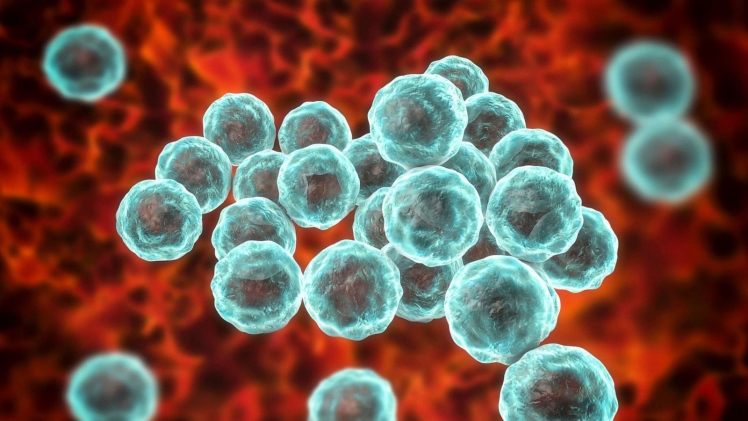Sexually transmitted infections (STDs) may spread easily and be quite deadly. It is crucial to get STD treatment New York right away if you think you might have an STD. You can contract Sexually transmitted diseases (STDs) through intimate physical contact with a person who has STDs. Also, You are more likely to get an STD the more sexual partners you have. However, there are additional risk factors as well.
Here are the risk factors for STDs;
1. Unprotected sex
Although wearing a condom or another barrier method of birth control is not a guarantee that you will not get an STD, it is a very efficient approach to protect yourself.
Condom usage reduces transmission rates even for diseases like HPV, which external and internal condoms are less effective against. The greatest method of preventing STDs, aside from abstinence, is consistent condom usage, which involves using an external or internal condom each time you have sex.
Some people are reluctant to wear condoms as part of their sexual regimen once they have been protected from pregnancy by other birth control methods. This may increase their risk for STDs.
2. Age
For various reasons, younger individuals are far more likely than older people to get infected with STDs.
The biological susceptibility of young women to STDs is greater than that of older women. Due to their tiny frames, they are more susceptible to rupture during sexual activity. Additionally, because their cervixes aren’t fully formed, they are more prone to contracting STDs like chlamydia and gonorrhea.
Furthermore, studies have shown that young individuals are more inclined to take sexual risks and have several partners.
3. Recreational use of drugs
Individuals under the influence of drugs are more prone to engage in dangerous sexual practices, such as intercourse, without using a condom or other measures of protection.
Additionally, using drugs may make it simpler for someone to manipulate you into doing sexual acts. The use of injection drugs, particularly, is linked to a higher risk of blood-borne illnesses, including hepatitis and HIV.
4. Use of alcohol
Drinking alcohol can negatively affect your sexual health in numerous ways. Regular drinkers, especially those who drink in social settings, may be less picky about their sexual partners. Alcohol decreases inhibitions as well. Additionally, it could be more challenging to persuade a sexual partner to apply or use an internal or external condom properly.
5. History of STDs
Being often infected with one STD increases your risk of contracting additional STDs. Another pathogen can more easily infect tissue that has already been inflamed, irritated, or blistered.
Being infected with an STD increases your chance of contracting another infection since you may have been exposed to other risk factors due to your lifestyle.
6. Exchanging sex for drugs or money
People who exchange sex for money or drugs may not be properly empowered to negotiate safer sex. Also, partners obtained in this way are far more likely to be carrying an STD compared to the general population.
Sexually transmitted diseases are mostly preventable. You can prevent STDs by having sex in a mutually monogamous relationship and engaging in safer sex each time you have a sexual encounter.
CallUrologist: Michael Rotman, MD, to book your appointment for STD treatment.

